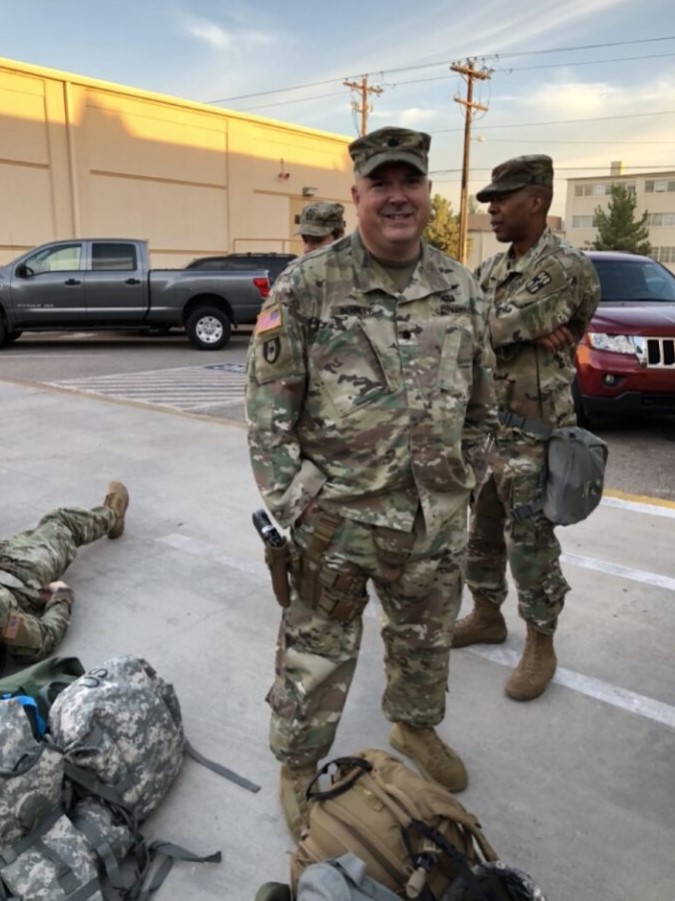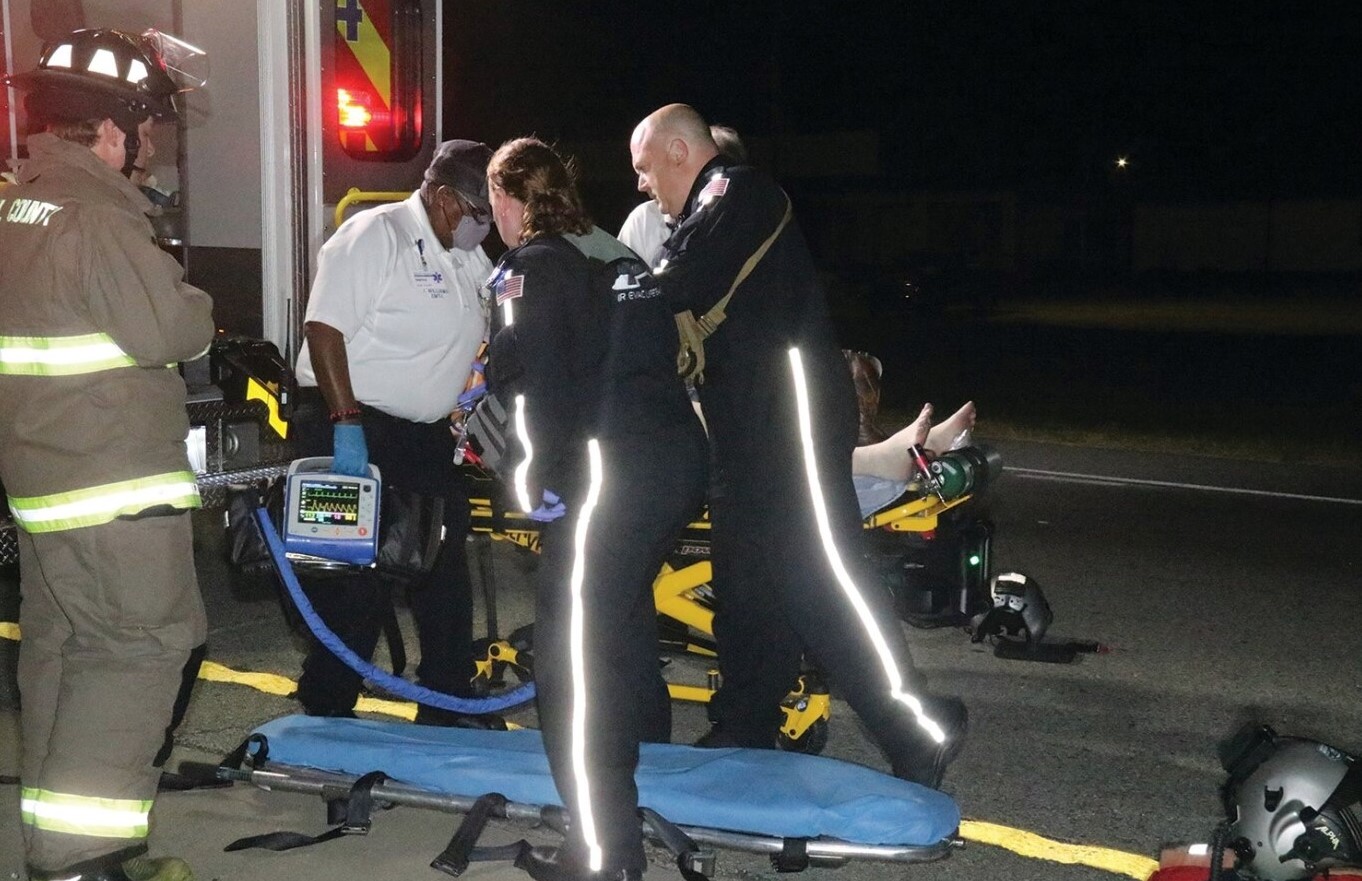David Bennett, United States Army
Flight Nurse, Air Evac Lifeteam (AEL), Statesboro, Georgia
Like many Veterans today, David Bennett comes from a proud military family. His father was a career Air Force Noncommissioned Officer; his paternal grandfather served in the Army during World War II, and his father’s adopted dad served in the Navy during World War II. So, it’s no wonder that Bennett would follow in their footsteps. He enlisted in the U.S. Armed Forces, specifically the Army Reserve at the tender age of 17 for “two” primary reasons: his love for his country and a desire to earn money for college.
“At the time, the Army offered the most money for education through the Montgomery GI Bill and Army College Fund,” said Bennett, who would go on to spend 29 years in the Army. “I stayed in the reserves while I went to college on a six-year plan. While there, I was enrolled in the Reserve Officers’ Training Corps (ROTC) and earned a commission in the Army upon graduation. I spent 22 years on active duty as a critical care nurse.”
Bennett, who retired from the military in 2020, says he has good memories of his time in service and believes the hands-on training he received through that experience equipped him for the job he’s doing today — saving lives as a flight nurse with AEL, a Global Medical Response company.
“Early in my nursing career, I attended the Army Critical Care Nursing course,” said Bennett. “By far, it was the most intellectually challenging course I ever took part in—far more difficult than nursing school or graduate school. The course felt a bit overwhelming, at the time, but I’ve used the knowledge gained in that course in clinical practice every day since.”
Rank Achieved
Lieutenant Colonel (O-5)
Countries You’ve Visited
Iraq, Qatar, Haiti, Saudi Arabia, Djibouti and Afghanistan
How Has Your Military Experience Helped You in Your Role with GMR
“I spent a good bit of time doing critical care transport (later called Joint Enroute Critical Care) in Iraq during 2005,” said Bennett. “That year was the longest year of my life, but the clinical experience I gained, taking care of high acuity, critically ill, battle casualties has paid dividends over and over again since then. The military taught me to be flexible, plan for contingencies ahead of time and understand that most plans will be altered along the way. Applying those concepts translates well in the Helicopter Emergency Medical Service (HEMS) industry. Working at GMR now allows me to continue that service, but this time, to help my local community.


.jpg)